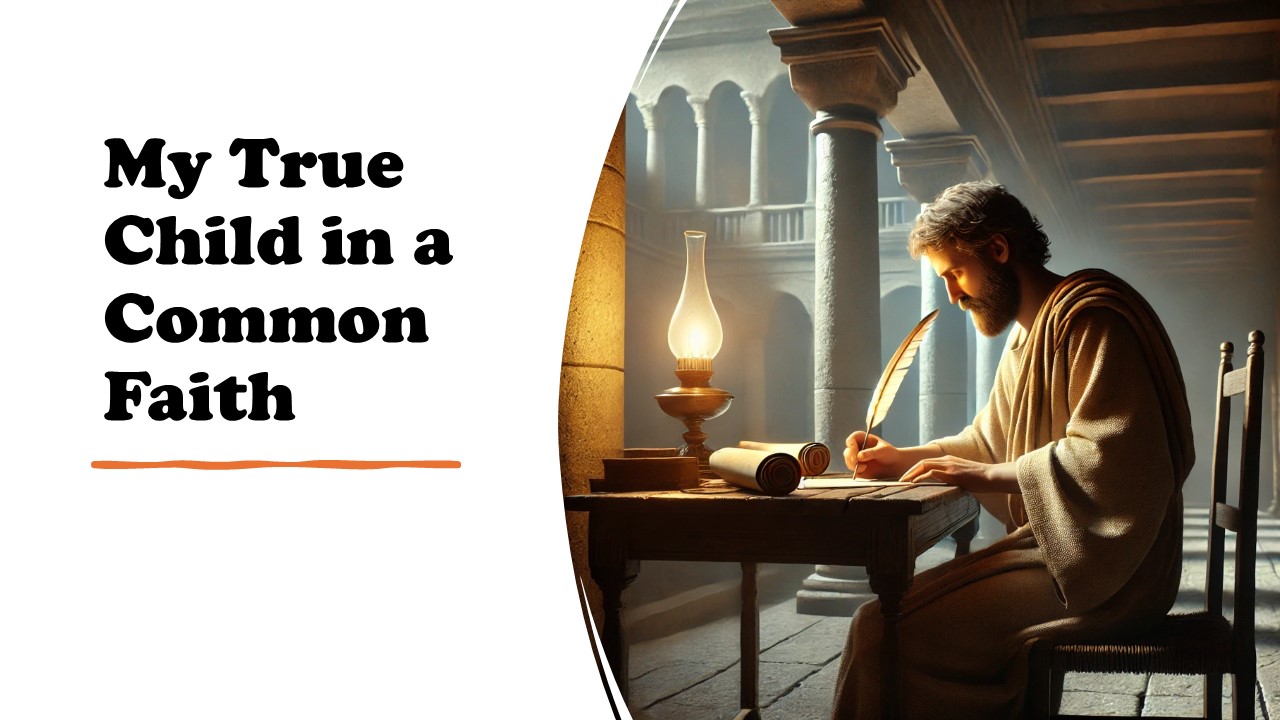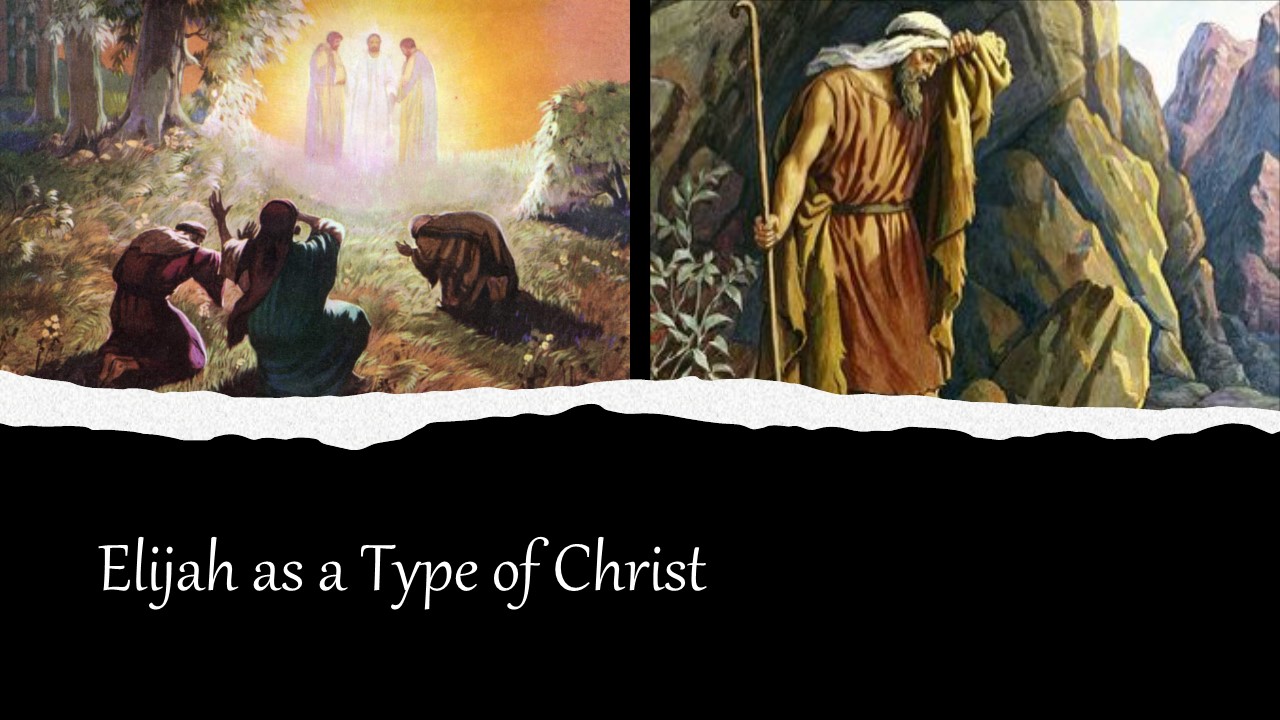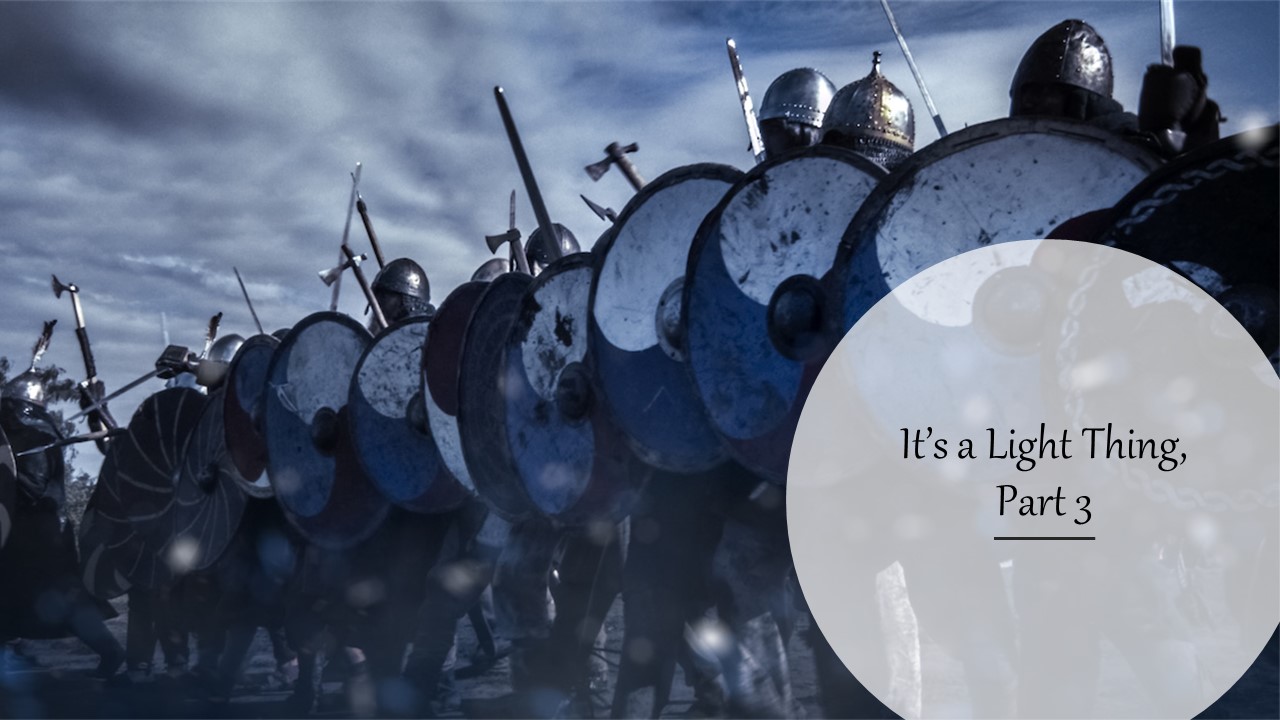Martin Luther, the initiator of the Protestant Reformation, acknowledged the profound significance of the Psalms, highlighting their promise of Christ's death, resurrection, and the portrayal of his kingdom. Amidst the Psalms' emotional tapestry, Messianic Psalms uniquely stand out, prophesying the Messiah's coming.
Psalm 2 envisions a King with global dominion, transcending Israel to reveal Jesus as the King of kings. Psalm 22 vividly anticipates Christ's crucifixion while affirming God's enduring presence. Psalm 110 unveils Christ as both King and eternal High Priest. Psalm 16's hope of resurrection finds fulfillment in Christ's triumph over death. Psalm 118 likens Jesus to the cornerstone of God's eternal kingdom.
These Psalms not only foretell Christ but extend an invitation to embrace him throughout Scripture. Psalm 23 illustrates him as the Good Shepherd. Psalm 51 reflects Christ's redemptive role. Psalm 91 assures his protection. Psalm 150 encapsulates his call to praise.
These verses resonate with believers' longing for salvation and meaning. In Christ's incarnation, crucifixion, and resurrection, humanity's deepest yearnings find fulfillment. When darkness prevails, Christ's promise shines as a beacon of hope, renewing spirits and grounding souls in steadfast faith.

The life of Titus, as presented in Paul’s epistle, offers a profound example of faithfulness, courage, and dedication in the early Christian church. A...

For the past several episodes, we have been exploring the life of Elijah, the Tishbite, a prophet in the land of Israel. Elijah is...

Today is Part 3 of “It’s a Light Thing,” a five-part series based on a story found in 2 Kings 3:1-25. The story is...